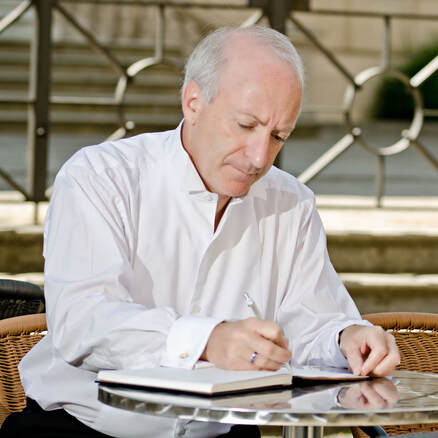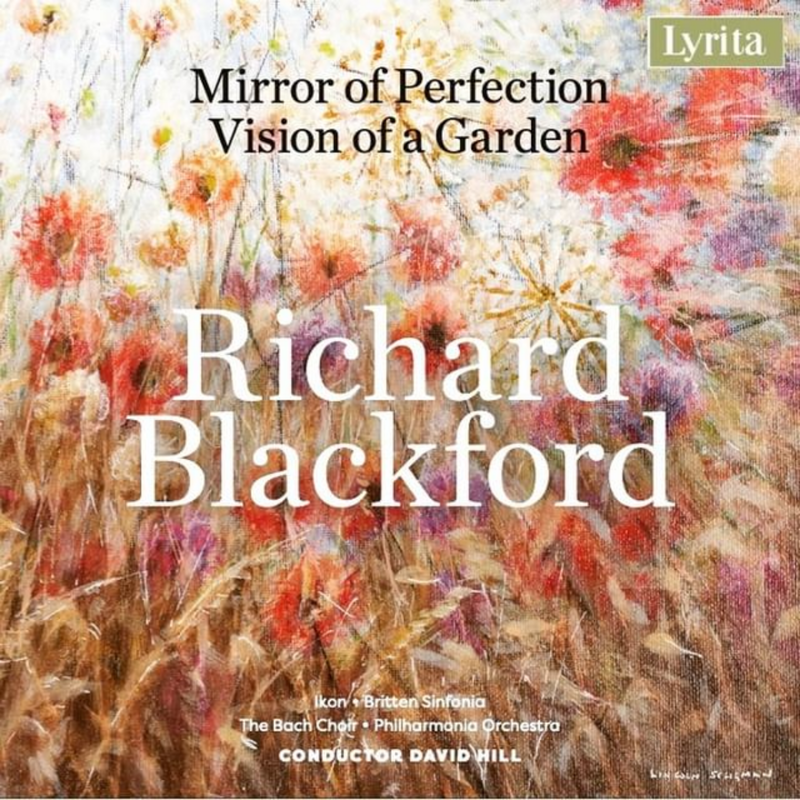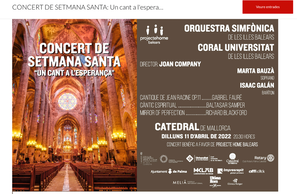Professor Johnson was the first COVID patient admitted to Cambridge's Addenbrokes Hospital's Neurosciences and Trauma Critical Care Unit. He remained in hospital, often unconscious, for 75 days, yet recovered and was able to sing in work's first performance. During his time in hospital, the nurses caring for Professor Johnson left messages of support in a series of 'ICU diaries': he describes these as 'the most heart-warming documents I’ve ever read.'
how COVID-fuelled visions inspired a new choral work.
Ivan Hewett, The Telegraph
Uwe Krusch, Pizzicato

'I was delighted when Lyrita agreed to make a new recording of Mirror Of Perfection. Since conducting it myself for Sony Classical in 1997 with the Bournemouth Symphony Chorus and Bournemouth Sinfonietta I have heard it performed dozens of times around the world. Hearing different conductors’ interpretations, with both symphonic and chamber, amateur and professional choirs, I was intrigued by the prospect of Lyrita making a recording that was completely unlike the earlier one.
Encouraged by David Hill, who had already conducted and recorded many of my choral works, I decided that the new recording would be different by choosing a 24-voice professional chorus, the superb Ikon singers. I heard the contrapuntal writing with a new transparency, luminosity and beauty. Whereas in the earlier recording the soloists had to be overdubbed because of scheduling issues, Roderick Williams and Elizabeth Watts were recorded live with the chorus and orchestra, as always intended. The resulting ensemble has a new vibrancy and immediacy - one really can imagine that Williams is St Francis of Assisi, especially in his charming rendition of Canticle of The Birds. Elizabeth Watts brought a heightened sense of drama with her thrilling high notes in Movements IV and VI, when she soars effortlessly over the chorus and orchestra. The stormy third movement In foco l’amore mi mise is unlike anything I had heard previously: tenors and basses articulate their rapid quaver passages with exemplary diction and clarity. In many respects, however, the Lyrita recording is more intimate: the final movement's hushed “Beati quelli che sosterrano in pace” has a stillness and sense of peace that I had never experienced before. In the new recording I had a chance to slightly re-balance the orchestral score, especially the postlude.
Under David Hill, the Britten Sinfonia’s playing is breathtakingly beautiful, especially the interludes in the fifth and seventh movements. The exposed, closing three-horn coda was perfectly tuned and balanced. Hill’s choices of tempo are often a little brisker than those I chose in 1997, and the piece is better for it. The new Lyrita recording's success is the sum of many parts of its brilliant team of musicians and technicians. Hearing the final Dolby Atmos mix in Andrew Walton’s studio was one of the most thrilling aural experiences of my life.'
Electronic press kit is available: for inquiries, click CONTACT US below.


